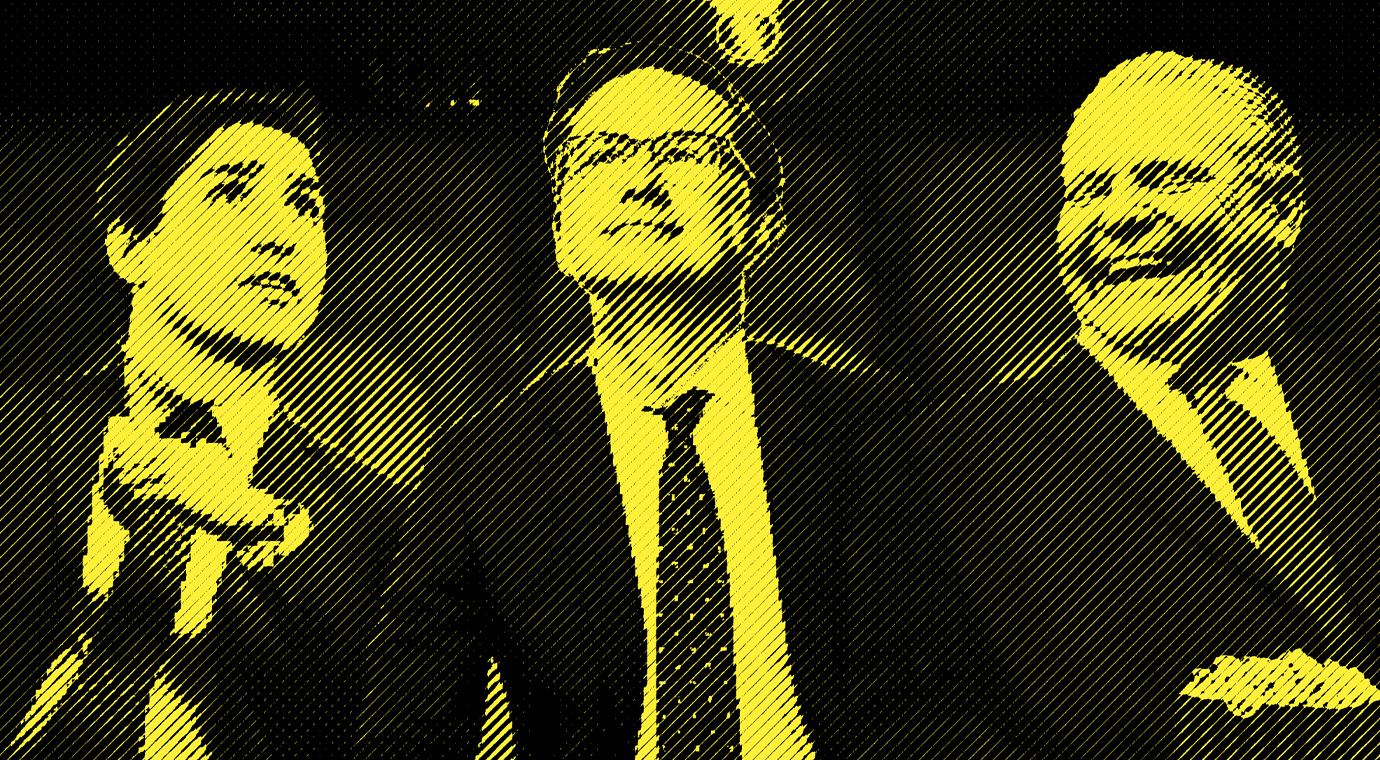Episode Rundown
00:00 Carl Wilson’s book (link)
02:00 James Franco name drops Carl the Oscars (link)
04:30 “so what happened at Spin? I read a perfectly delightful article you wrote about asses and then…” Jesse (link)
05:40 “It would not be accurate to say that I’m no longer the editor” Wilson referring to his former EIC, Craig Marks
What’s next for Spin Magazine?(link)
9:30 The Decline of the British music press (link)
10:21”There are specialty music sites that do ok, but I’d say with the exception of Pitchfork, none of them feel like massive forces.” Wilson
11:04 “What you realize is that whole economy (music journalism) relied on record labels buying advertising in music publications and that depends on people buying records. Sort of the same way the sports page or crossword let you do political journalism” Wilson
12:39 “Then there is the algorithm and to me the distressing thing to me about a future ruled by algorithm is opposed to this critical curation is that it’s all more of the same. That’s what the algorithm operates on. The opportunity to have your test challenged and questioned, and dissected and challenged on any other level, an algorithm doesn’t help you do that.” Wilson
An article about the problems with algorithm, that I used a google algorithm to find (link)
18:35 “I got off my high horse to experience some of the best hip hop ever made in the 90’s. And of course it was the best hip hop because I was in university at the time but it was the best hip hop.” Jesse
Chris’ choice, The Chronic in 1992 (link)
19:46 “In expanding criticism, the business model contracted, and maybe not in an unrelated way.” Jesse
19:56 “One of the factors involved in all of these changes is we’ve moved from the cultural economy of scarcity to one of none scarcity. Part of the reason that people invested so much in defending their camps and not listening to things outside their wheelhouse at one time is it took effort to do that. You have to go and buy record” Wilson
22:06 “Although the subculture goes on, the genre walls are much lower.” Wilson
31:40 “When I wrote for the Globe it was kind of on a semi volunteer basis and one of the reasons I hung around for so long was that I figured I’d land a writing job. And for various reasons and various rationalizations that didn’t happen” Wilson
